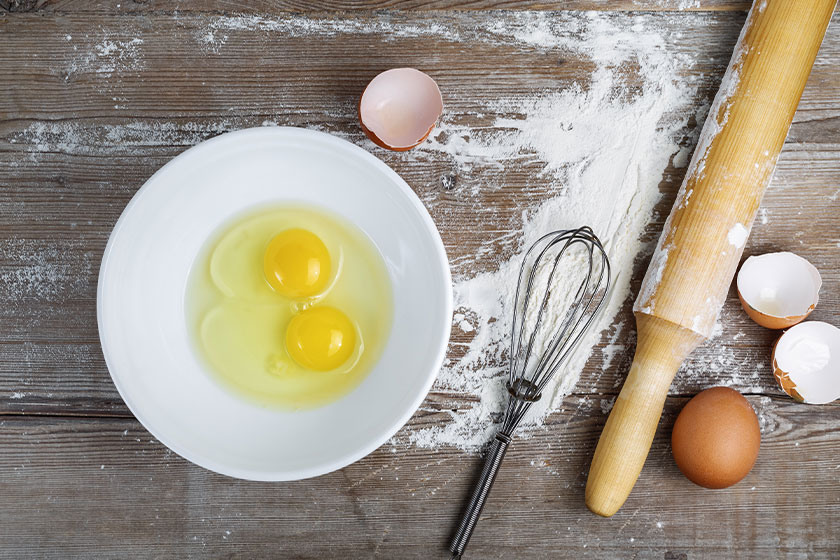Engaging in independent living activities is crucial for residents of a retirement community. It’s not just about passing the time; it’s about enrichment, connection, and maintaining an active mind and body. Among the myriad of activities offered, baking stands out as a favorite for many residents. It’s more than just the delightful aroma of freshly baked goods wafting through the community; baking touches the soul, evoking memories, and forging connections. Let’s explore the profound reasons why baking is highly revered among independent living activities.
A Delicious Way to Stir Memories and Emotions
Baking is intrinsically tied to our senses. The feel of dough, the scent of vanilla or cinnamon, and the sight of a perfectly browned pie can transport residents back to different times in their lives. Perhaps it reminds them of baking with their grandparents, the first cake they baked for a loved one’s birthday, or holiday cookies shared with family.
Such sensory experiences are particularly significant for older adults, even those grappling with memory issues. Baking can act as a gentle nudge to forgotten moments, evoking stories and conversations that might otherwise remain untold.
Cultivating Creativity and a Sense of Accomplishment
Baking is as much an art as it is a science. Residents get the opportunity to experiment with flavors, textures, and designs. Whether it’s decorating cupcakes, trying a new filling for a pie, or simply playing around with cookie shapes, baking offers endless avenues for creativity.
Moreover, there’s an unmatched sense of satisfaction in seeing raw ingredients transform into a delectable treat. This process, from measuring ingredients to enjoying the final product, offers residents a sense of purpose and achievement. When a resident shares their baked goods with team members, loved ones, or fellow residents, the compliments and appreciation further boost their confidence and self-worth.
Building Community Bonds and Fostering Social Interaction
Baking, while therapeutic in solo endeavors, can also be a social activity. Many retirement communities organize group baking sessions as part of their independent living activities. In these sessions, residents come together to mix, knead, and decorate, all while sharing stories, tips, and laughter.
Such group activities break the ice, helping residents form new friendships. Sharing recipes, discussing techniques, or simply enjoying a cup of tea with freshly baked cookies can turn strangers into friends.
A Holistic Approach to Cognitive and Motor Skills
Beyond the emotional and social aspects, baking also offers tangible health benefits. Following a recipe requires attention to detail, sequential thinking, and multitasking. Such cognitive engagement is vital in keeping the mind sharp.
Additionally, the physical act of baking – measuring, pouring, mixing, and kneading – aids in maintaining motor skills. For older adults, especially those with arthritis or limited mobility, the gentle exercise that baking provides can be therapeutic. With the guidance and assistance of team members, even residents with some physical limitations can participate, ensuring that the joy of baking is accessible to all.
Baking is more than an activity; it’s a journey of the senses, emotions, and memories. In the context of a retirement community, it becomes a golden thread, weaving stories, friendships, and moments of joy. Among the plethora of independent living activities, baking stands tall, not just for the delightful treats it produces but for the profound impact it has on the well-being of the residents.







